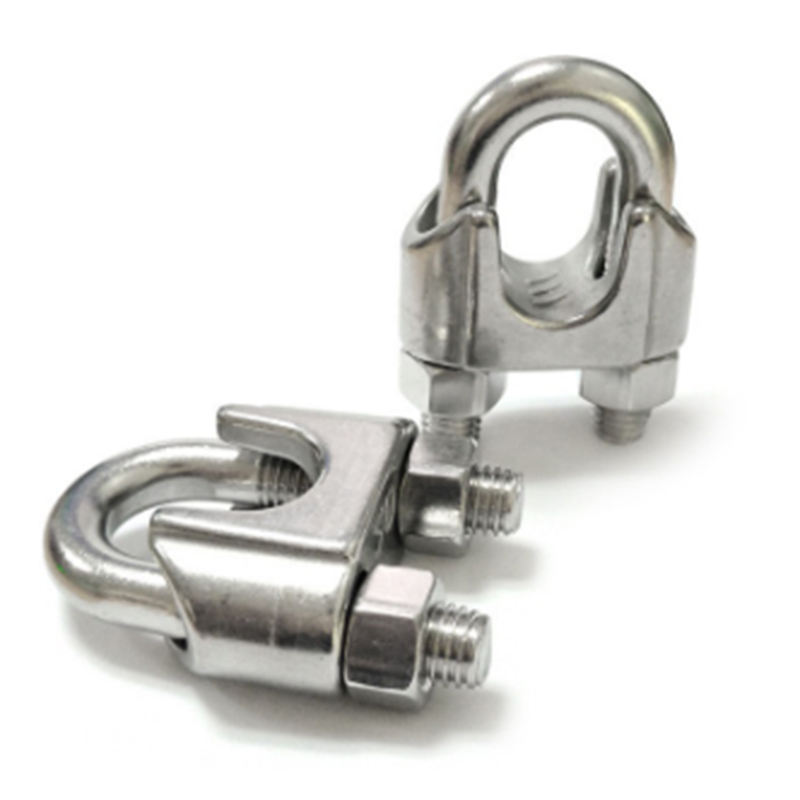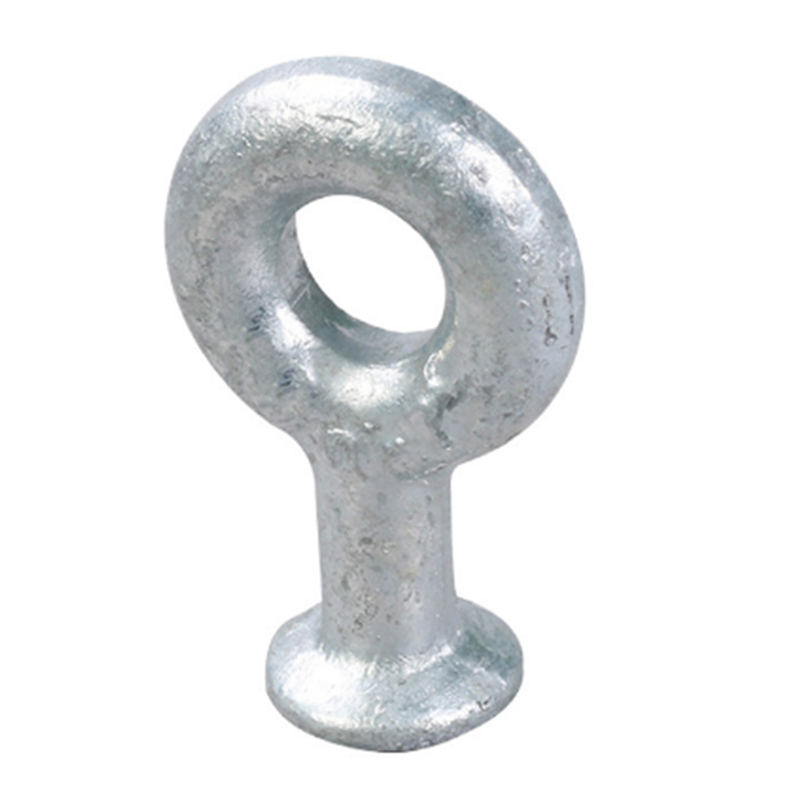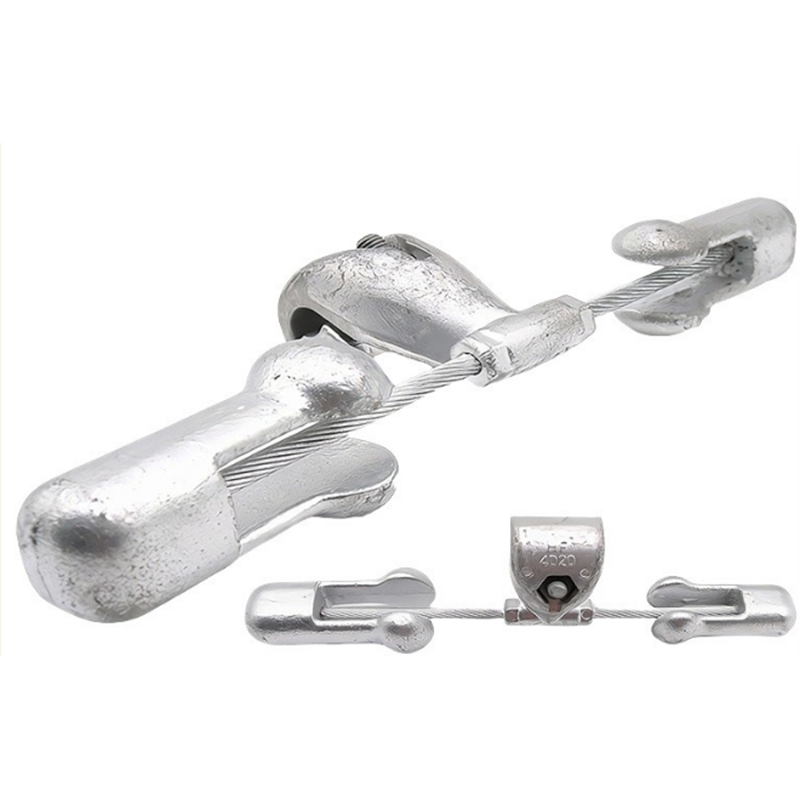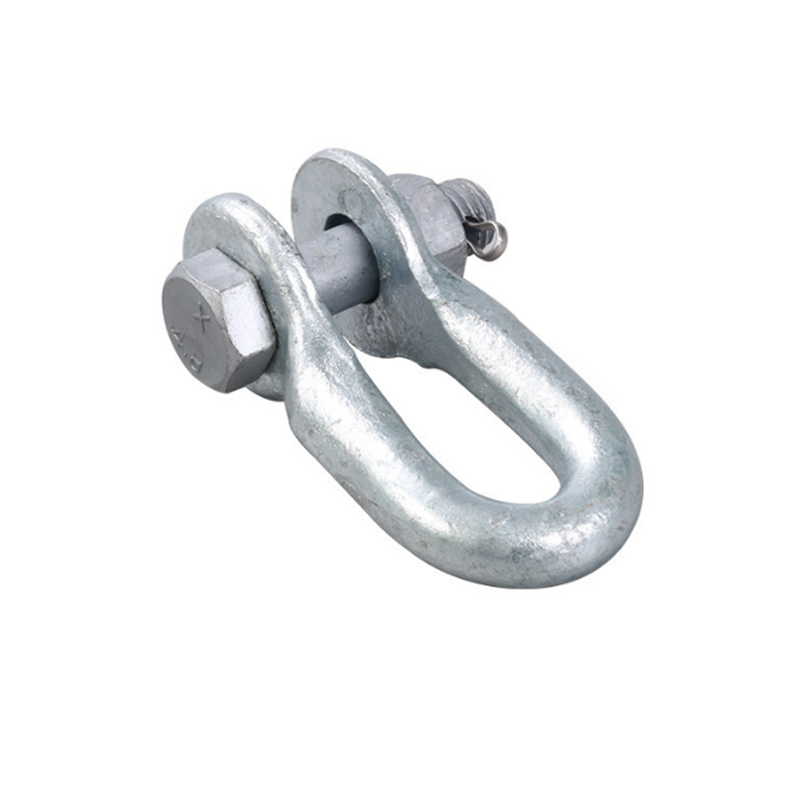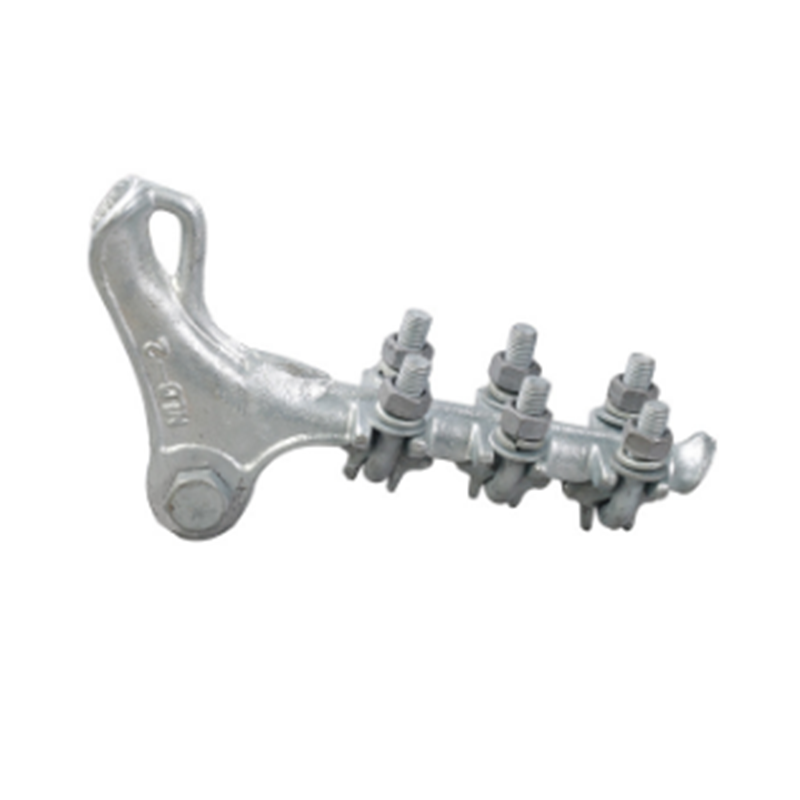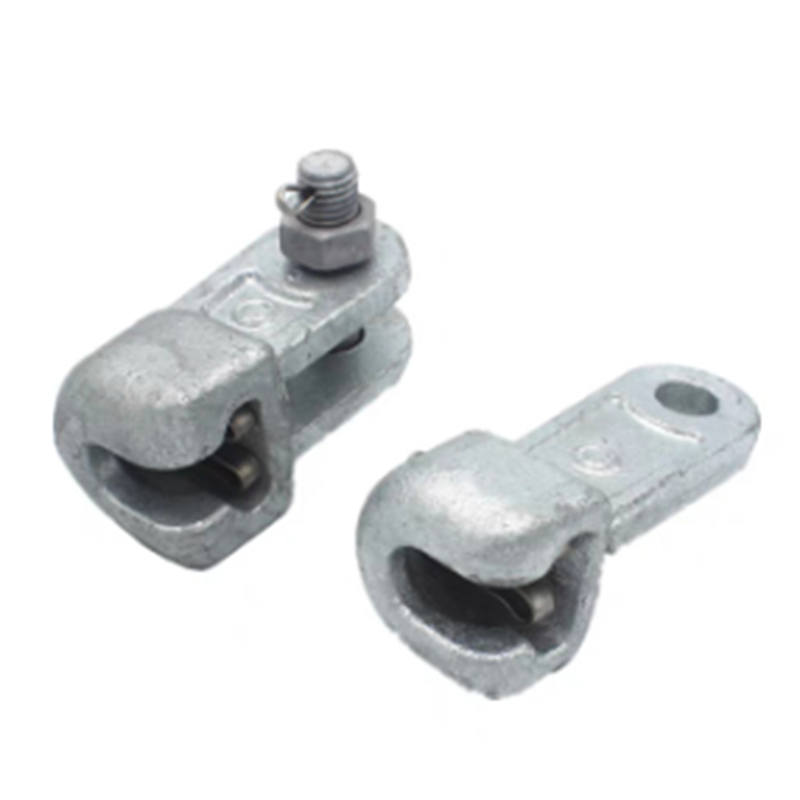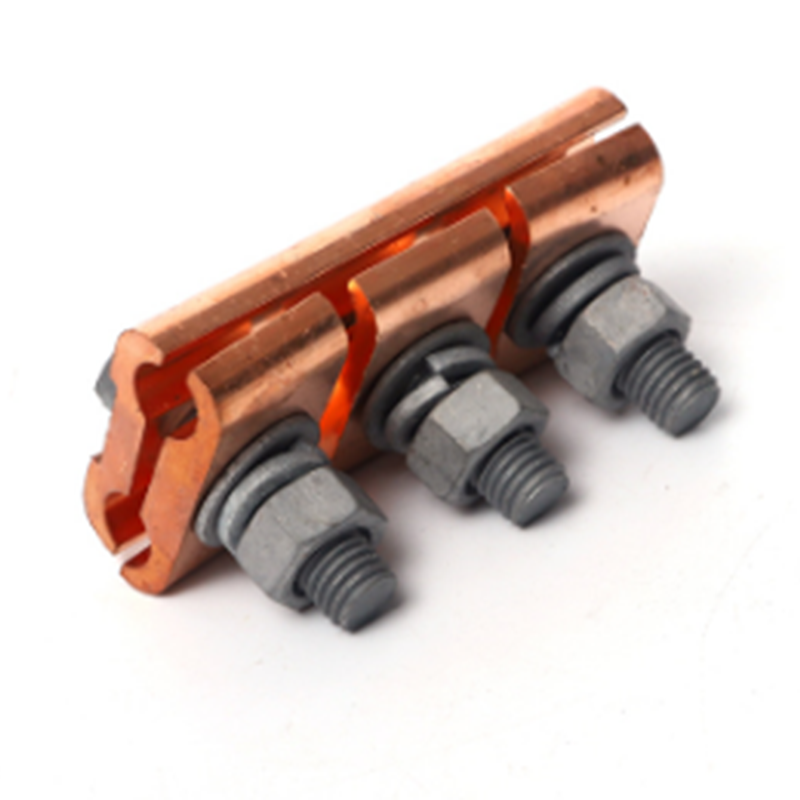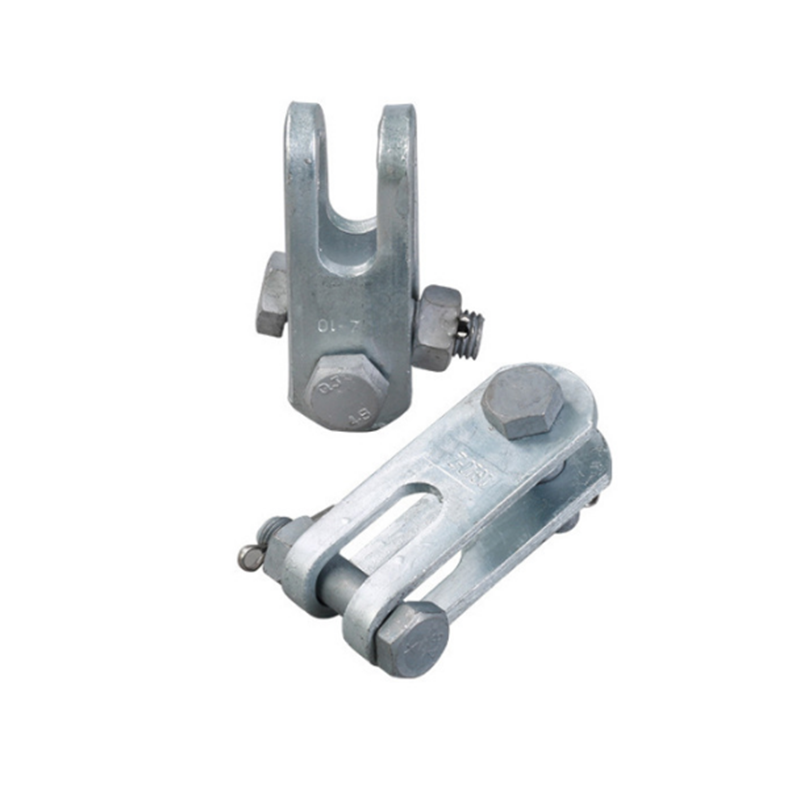- Chinese
- French
- German
- Portuguese
- Spanish
- Russian
- Japanese
- Korean
- Arabic
- Irish
- Greek
- Turkish
- Italian
- Danish
- Romanian
- Indonesian
- Czech
- Afrikaans
- Swedish
- Polish
- Basque
- Catalan
- Esperanto
- Hindi
- Lao
- Albanian
- Amharic
- Armenian
- Azerbaijani
- Belarusian
- Bengali
- Bosnian
- Bulgarian
- Cebuano
- Chichewa
- Corsican
- Croatian
- Dutch
- Estonian
- Filipino
- Finnish
- Frisian
- Galician
- Georgian
- Gujarati
- Haitian
- Hausa
- Hawaiian
- Hebrew
- Hmong
- Hungarian
- Icelandic
- Igbo
- Javanese
- Kannada
- Kazakh
- Khmer
- Kurdish
- Kyrgyz
- Latin
- Latvian
- Lithuanian
- Luxembou..
- Macedonian
- Malagasy
- Malay
- Malayalam
- Maltese
- Maori
- Marathi
- Mongolian
- Burmese
- Nepali
- Norwegian
- Pashto
- Persian
- Punjabi
- Serbian
- Sesotho
- Sinhala
- Slovak
- Slovenian
- Somali
- Samoan
- Scots Gaelic
- Shona
- Sindhi
- Sundanese
- Swahili
- Tajik
- Tamil
- Telugu
- Thai
- Ukrainian
- Urdu
- Uzbek
- Vietnamese
- Welsh
- Xhosa
- Yiddish
- Yoruba
- Zulu
- Kinyarwanda
- Tatar
- Oriya
- Turkmen
- Uyghur

Self tapping hexagon head
The Practical World of Self Tapping Hexagon Head Screws
In the world of construction and manufacturing, tools and materials shape the efficiency and success of projects. One tool that often gets overlooked but plays a critical role is the self tapping hexagon head screw. What seems straightforward holds more complexity than initially appears, often leading to common misunderstandings in their application.
The Basics of Self Tapping Screws
At first glance, a self tapping hexagon head screw seems simple—just a piece of metal designed to cut its own thread into material. But the nuance lies in the specifics. Designed for efficiency, these screws eliminate the need for pre-drilling, thus speeding up many tasks significantly. Yet, it's essential to appreciate the specific environments where they truly shine.
One misconception is thinking they work universally. Experienced professionals know that factors like material density and the grade of the screw play crucial roles. Using a self tapping screw on particularly hard materials without the proper specs can lead to premature wear or even breakage.
I've seen scenarios where confidence in these screws turned into frustration. Imagine a team on-site, expecting swift progress, only to find their screws snapping or stripping due to mismatched materials. It’s a learning moment that emphasizes the importance of correct material-selection knowledge.
Proper Application in Construction
In the realm of construction, every minute counts. Contractors favor self tapping hexagon head screws for their streamlined application. When used correctly, they not only cut down on tool changes but also reduce hand fatigue, which is a notable advantage during extensive installations.
One key factor is understanding the hexagon head part. This isn’t just about aesthetics – it provides increased grip and torque, which is crucial when you’re driving screws quickly. However, this advantage only materializes if the correct driver is used. Using an improper tool can lead to cam-out, a frustrating event where the driver slips out of the screw head.
Recently on a job site, we faced a mild setback when our toolset lacked the proper size driver. Thankfully, our timely call to Shengfeng Hardware Fastener Factory saved the day. They provided quick guidance, ensuring our work remained efficient. Their location close to National Highway 107 in Handan allows such swift responsiveness, a significant logistical advantage.
Manufacturing and Material Considerations
Within manufacturing spheres, engineers often grapple with choosing between a self tapping hexagon head screw and traditional threaded fasteners. Manufacturing environments appreciate the labor and time savings, but again, the material choice becomes pivotal.
For example, when working with metal, one must consider the specific grade of both the screw and the material it’s being driven into. An incorrect judgment can result in costly delays, as machines might need recalibration or part replacements. It's essential to analyze the tensile strength and resistance required for specific applications.
Factories like Handan Shengfeng are instrumental here, providing over 100 specifications tailored across various needs. Whether it's spring washers, flat washers, or others, their expertise helps bridge the gap between optimal product use and on-the-ground realities.
Importance of Geographical Advantage
Another layer to consider is the logistical aspect. Geographic location can significantly affect project timelines, especially in manufacturing and construction sectors. Shengfeng Hardware Fastener Factory's proximity to major transport routes is no small advantage.
Imagine a scenario where a project is delayed due to unforeseen shortages of the specific screws required. Factories like Shengfeng can turn that around rapidly thanks to their strategic location. This quick access can mean the difference between meeting a deadline and costly overruns.
This practical positioning complements their expansive inventory and expertise, as seen with our recent collaborative projects. It’s a blend of accessibility and comprehensiveness that genuinely stands out in this industry.
Case Study Reflections
Reflecting on personal experiences, hands-on knowledge often differs from theories depicted in manuals. Take a recent project where an assumption about material compatibility led to complications. Only through trial, error, and the right advisories from suppliers like Shengfeng was the issue resolved efficiently.
This underscores not just the utility of self tapping hexagon head screws but the wider context of their application. It’s crucial to maintain a dialogue with suppliers for adaptive learning. The real-world differs from controlled environments, and those who adapt reap efficiencies.
Ultimately, success with these screws isn’t just about having the right gear; it's also about patience, understanding, and reliable collaboration. As industries evolve, so too will the demands, but the fundamental lessons remain steadfast—consider materials, application environments, and supplier partnerships carefully.
Соответствующая продукция
Соответствующая продукция




